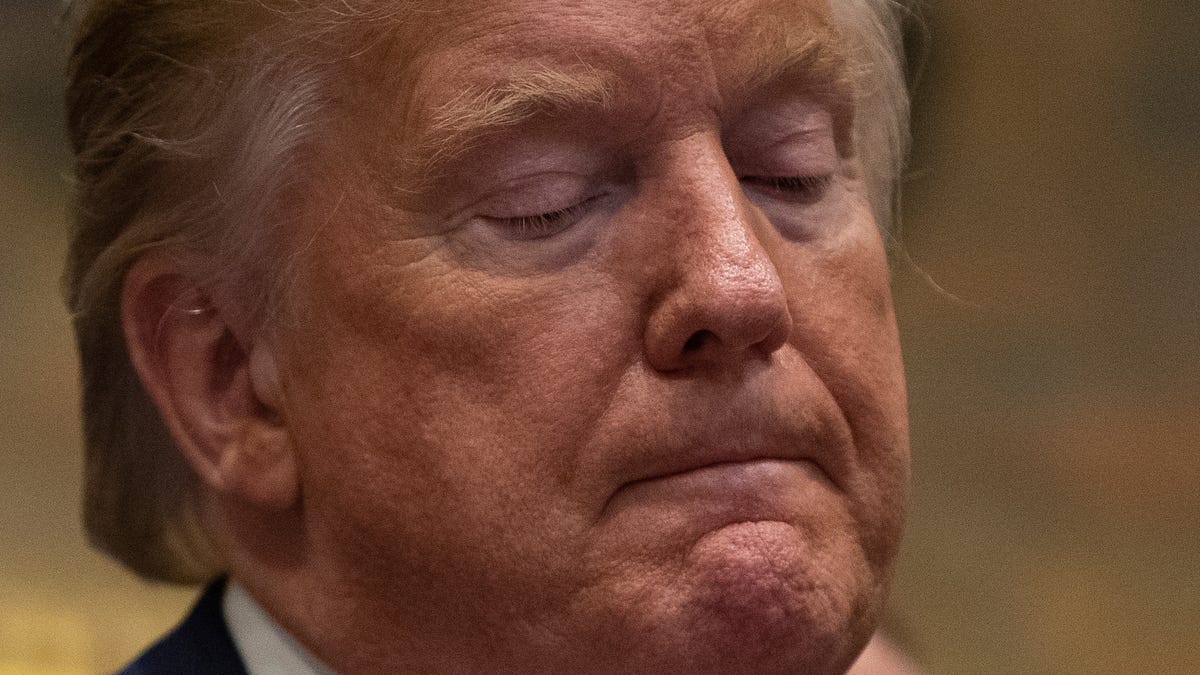Twitter Details Its Political Ad Ban as Civil Rights Groups Ask, What About the Nazis? - 4 minutes read
 Twitter Details Its Political Ad Ban as Civil Rights Groups Ask, What About the Nazis?
Twitter Details Its Political Ad Ban as Civil Rights Groups Ask, What About the Nazis?Twitter on Friday revealed the final details of a plan to restrict political ads across its platform, saying it would prohibit political content in paid ads from candidates and political parties—while clarifying it would allow others that touch on politics, so long as they are “caused based.”
Twitter will no longer accept ads promoting any type of legislation, ballot measure, referendum, or regulation. “Ads that contain references to political content, including appeals for votes, solicitations of financial support, and advocacy for or against any of the above-listed types of political content, are prohibited under this policy,” the company said.
“Digital advertising is incredibly effective. We must address the risk that brings when it comes to driving political outcomes,” Vijaya Gadde, Twitter’s global lead for legal, policy, and trust and safety, said in a tweet.
The policy shift follows weeks of contentious debate over the use of social media platforms by politicians and, in particular, political ads that contain misinformation. Last month, Facebook conversely altered its terms of service, making it easier for politicians to promote falsehoods in paid advertisements. Facebook defended the decision by saying it’s only interested in promoting free speech, while also saying it has nothing to do with the hundreds of millions of dollars it makes off political ads globally. (Meanwhile, the company has banned certain uses of what it calls “sexually suggestive” fruit emojis.)
The Trump campaign, which has spent over $22 million on Facebook over the past year, relies heavily on the company to regularly spread false information to voters. Trump ads routinely claim, for example, that Democrats want a “repeal of the Second Amendment,” even though no sitting legislator or candidate for office has proposed it.
Facebook facilitates the regular spread of false information about Trump’s political rival, Joe Biden. In one ad paid for by the Trump campaign, Facebook helped circulate the allegation that Biden had promised Ukraine a billion dollars to fire the prosecutor “investigating his son’s company.” Politifact and Factcheck.org both debunked the claim, saying that while Biden’s son, Hunter, sat on the board of a Ukrainian company, there is zero evidence the former vice president ever intervened on his behalf.
Twitter’s ban on political ads has been widely applauded. But some civil rights organizations have asked why, if Twitter can ban political ads, will it not ban the neo-Nazis and white supremacists who use the platform to spread hateful content and threats.
“Paid ads are just one element of the insidious toxicity on Twitter: Racism, white supremacy, hate speech, and content inciting violence are widespread on the platform,” said Jessica J. González, co-founder of the Change the Terms coalition. “Politicians, public figures, and political leaders regularly weaponize Twitter, and they don’t need to pay for ads to do it. A hateful tweet can go viral and incite real violence that threatens lives.”
González added that more than 100,000 people have signed an online petition urging Twitter to banish white supremacists. As long as they are welcome to use Twitter “as a megaphone for their toxic hate,” she said, “the platform will continue to fail in its responsibility to protect its users, especially people of color.”
Source: Gizmodo.com
Powered by NewsAPI.org
Keywords:
Twitter • Campaign advertising • Civil and political rights • Nazism • Twitter • Political party • Politics • Twitter • Legislation • Ballot measure • Referendum • Regulation • Advertising • Politics • Voting • Advocacy group • Initial public offering • Blog • Politics • Content management • Policy • Corporation • Online advertising • Financial risk • Politics • Twitter • Globalization • Law • Policy • Policy • Social media • Politics • Politics • Advertising • Misinformation • Facebook • Terms of service • Politics • Advertising • Facebook • Freedom of speech • Facebook • Voting • Donald Trump • Advertising • Democracy • Repeal • Second Amendment to the United States Constitution • Candidate • Facebook • Disinformation • Politics • Joe Biden • Donald Trump presidential campaign, 2016 • Facebook • Ukraine • Prosecutor • George W. Bush • Corporation • PolitiFact.com • FactCheck.org • Insurance • Joe Biden • Board of directors • Ukraine • Corporation • Vice President of the United States • Twitter • Politics • Advertising • Civil and political rights • Twitter • Politics • Advertising • Neo-Nazism • White supremacy • One-party state • Twitter • Racism • White supremacy • Hate speech • Violence • Felipe González • Social change • Coalition • Twitter • Twitter • White supremacy • Twitter • Megaphone • Hate speech • Responsibility to protect • Person of color •